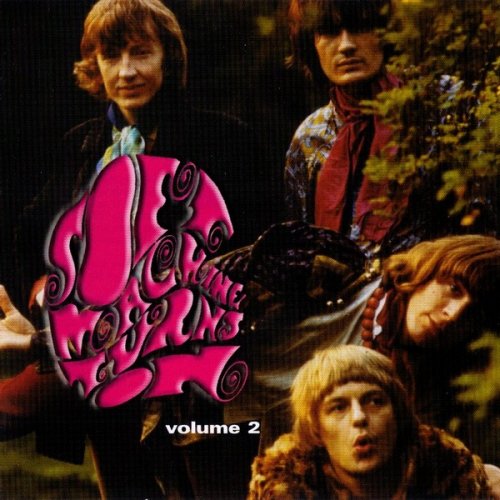Virgil Thomson, Leopold Stokowski - The Plow That Broke The Plains: Suite From 'The River' (1960/2000) [SACD]
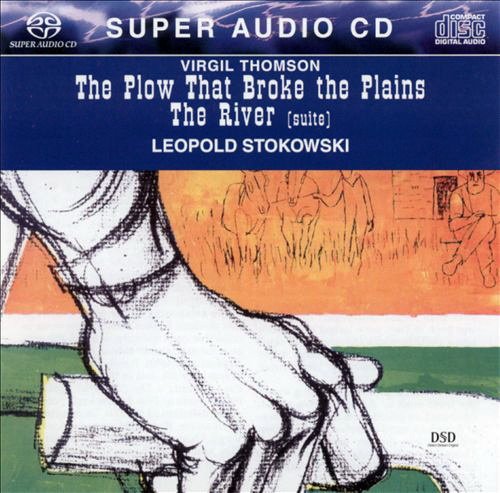
Artist: Virgil Thomson, Leopold Stokowski
Title: The Plow That Broke The Plains: Suite From 'The River'
Year Of Release: 1960/2000
Label: Vanguard
Genre: Classical
Quality: DSD64 image (*.iso) / 2.0 (2,8 MHz/1 Bit)
Total Time: 00:38:00
Total Size: 1.54 GB
WebSite: Album Preview
Tracklist:Title: The Plow That Broke The Plains: Suite From 'The River'
Year Of Release: 1960/2000
Label: Vanguard
Genre: Classical
Quality: DSD64 image (*.iso) / 2.0 (2,8 MHz/1 Bit)
Total Time: 00:38:00
Total Size: 1.54 GB
WebSite: Album Preview
01 - The Old South (9:21)
02 - Industrial Expansion in the Mississippi Valley (4:15)
03 - Soil Erosion and Floods (6:20)
04 - Finale (4:04)
05 - Prelude (1:27)
06 - Pastorale (Grass) (1:12)
07 - Cattle (2:55)
08 - Blues (Speculation) (2:35)
09 - Drought (0:58)
10 - Devastation (4:54)
On first hearing, I found this disc to be of demonstration quality. I have listened to it two additional times and it ranks with the very best I've heard with no handicap needed for its 1960 origin. It is spacious and deep with a multi-layering of instruments throughout the sound stage that I find in the best recordings. There is lots of detail (The music of both compositions underscores the detail of instruments). Plus the disc is dynamic (not as wide ranging as a Romantic classical piece but dynamic nonetheless) with deep realistic bass. I would sure like to know how the engineers were able to inject quality of the highest tier when many contemporaries were recording so much mush (sound).
I really enjoyed the music. This is unmistakable red, white, and blue, apple pie American music (at least as reflected in the plains of Anglo-Saxon middle America in the 1930's) right down to the very creative use of the banjo and guitar. There is lot's of Aaron Copland here. Or is it the other way around since Copland (and Grofe) was from New York and Thomson was from Missouri? But the main thing here is that the music is clearly of heartland America (I didn't detect much or any jazz/blues influence here as heard in Gershwin even though Thomson was from Kansas City. Many of the themes, especially in "The River" are not subtle. These are themes that Americans have grown up with in the movies, cartoons, radio, etc. No criticism here. There is probably no more use of vernacular or folk type themes used by Thomson than used by Smetana, Tchaikovsky, Dvorak, or Elgar (who I find remarkably under represented in the SACD catalog). It was just a lot easier for me to "understand" Thomson because the themes are so ubiquitous.
While I enjoyed both compositions, I clearly favored "The Plow That Broke the Plains". Again, there was no problem understanding the landscape being painted with the music but it was, I believe, done more creatively and with a more subtle use of folk themes. The textures and the use specific instruments (such as the banjo and guitar) and the use of the orchestra itself shows, to me, a very good composer at the height of his creativity even for a miniature work such as this.
Both compositions, but especially the 14-minute "The Plow that Broke the Plains" left me wanting more.
I really enjoyed the music. This is unmistakable red, white, and blue, apple pie American music (at least as reflected in the plains of Anglo-Saxon middle America in the 1930's) right down to the very creative use of the banjo and guitar. There is lot's of Aaron Copland here. Or is it the other way around since Copland (and Grofe) was from New York and Thomson was from Missouri? But the main thing here is that the music is clearly of heartland America (I didn't detect much or any jazz/blues influence here as heard in Gershwin even though Thomson was from Kansas City. Many of the themes, especially in "The River" are not subtle. These are themes that Americans have grown up with in the movies, cartoons, radio, etc. No criticism here. There is probably no more use of vernacular or folk type themes used by Thomson than used by Smetana, Tchaikovsky, Dvorak, or Elgar (who I find remarkably under represented in the SACD catalog). It was just a lot easier for me to "understand" Thomson because the themes are so ubiquitous.
While I enjoyed both compositions, I clearly favored "The Plow That Broke the Plains". Again, there was no problem understanding the landscape being painted with the music but it was, I believe, done more creatively and with a more subtle use of folk themes. The textures and the use specific instruments (such as the banjo and guitar) and the use of the orchestra itself shows, to me, a very good composer at the height of his creativity even for a miniature work such as this.
Both compositions, but especially the 14-minute "The Plow that Broke the Plains" left me wanting more.
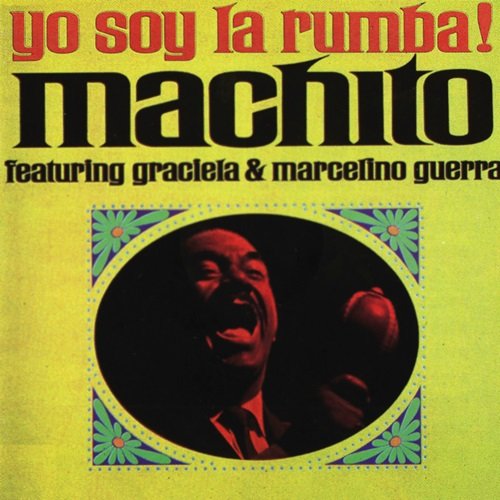
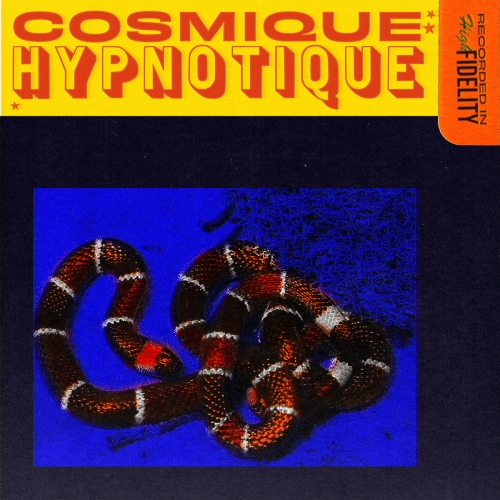
![Tobias Frohnhöfer - Dragon Boat (2026) [Hi-Res] Tobias Frohnhöfer - Dragon Boat (2026) [Hi-Res]](https://www.dibpic.com/uploads/posts/2026-02/1770294807_y78e5w1jw5m3t_600.jpg)
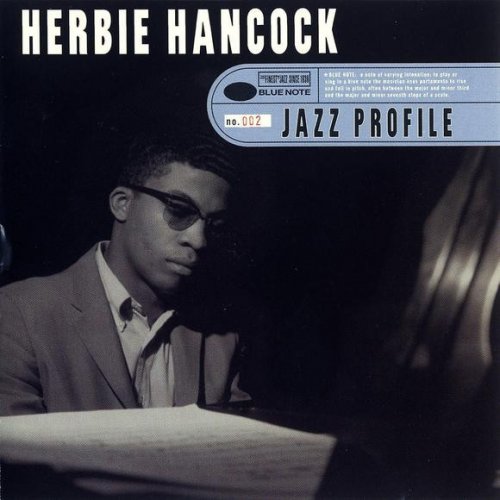
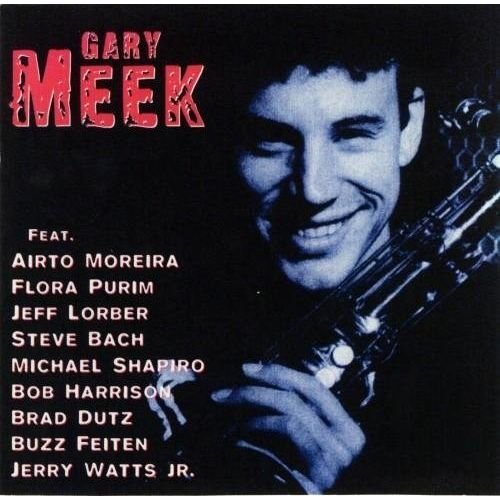
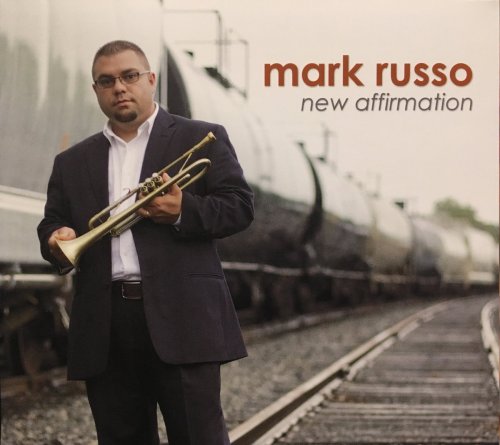
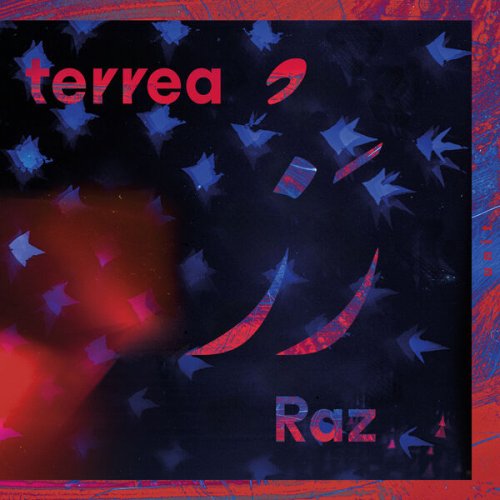
![Bill Evans Trio - Sunday At The Village Vanguard (1961) [2023 DSD256] Bill Evans Trio - Sunday At The Village Vanguard (1961) [2023 DSD256]](https://www.dibpic.com/uploads/posts/2026-02/1770661877_front.jpg)
